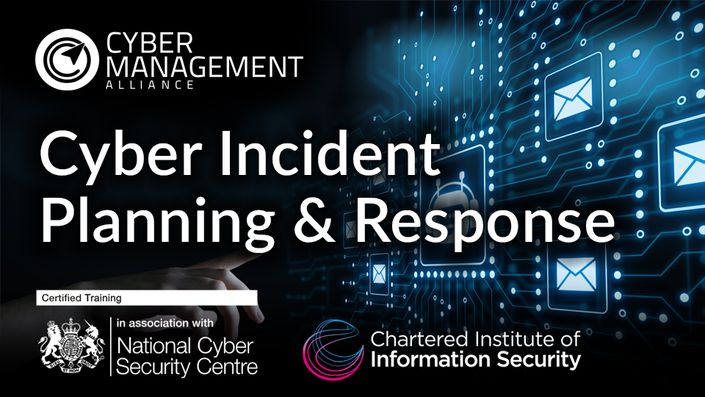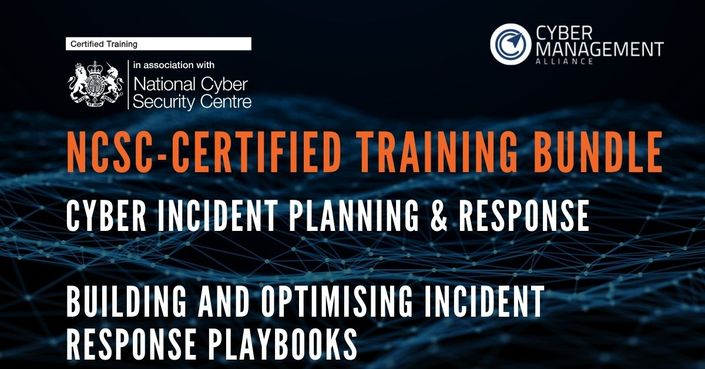Security Awareness for General Users
A comprehensive training course covering the basics of Security Best Practices for key business stakeholders.

Improve the understanding of key people in the organisation about security risks, information protection practices and how their individual actions and behaviours can impact overall organisational information security. An imperative course for key team members in a security-focused business.
Benefits of choosing this course
Benefits of choosing the Security Awareness for General Users course
Enhances understanding of security risks and threats that every business should be aware of.
Raises awareness regarding individual roles and responsibilities and good cybersecurity behaviour.
Boosts learning with relevant case studies.
Highlights of the Security Awareness for General Users course
A stimulating & engaging course that keeps learners engaged with rich audio-visual content.
Interactive learning activities that get the whole team involved and interested.
Realistic scenarios to enhance understanding of the impact security threats can have and the difference good practices can make.
- Key Learning Objectives
- Downloads
- About
-
Key Learning Objectives
-
After completing the Security Awareness for General Users course, your team members will be able to:
- Explain what security fundamentals like Threats, Risks, Assets and Vulnerability mean.
- Express in their own words what Information Security is and why businesses need to focus on it.
- Explain the CIA Triad model in their own words and articulate how it helps the organisation to keep sensitive information safe.
- Understand what the different phases of hacking are and why it is important for every employee in the organisation to know about the same.
- Gain a better understanding of the kind of password hygiene they must adopt.
- Improve their own email etiquette and learn ways to keep information exchanged over email safe.
- Identify phishing emails, offensive emails or social engineering tactics targeted at them.
- Understand why multi-factor authentication is so important and internalise its usage on a day-to-day basis.
- Articulate why disposal of sensitive data is as critical as its storage.
- See physical security and access controls in a new light.
- Enhance their awareness of what their role in the overall cybersecurity of the organisation is.
-
Direct Downloads
Directly download the full Learning Objectives of the course here
Templates. Worksheets & Mind-maps
When you enrol in this course you will have access to several worksheets & templates that you can use immediately. Take a look at the course curriculum, below, to see whats included in this course.
The image immediately below is a gallery view of some of the templates and collateral available to students.

Continuing Professional Development
CPD points can be claimed for this course at the rate of 1 point per hour of training for this NCSC-certified and CIISec-approved course (8 points for one-day public course and 15 points for the two-day internal workshop - for when organisations host this course internally).
CIPR Student-Only Incident Response Plan Template
As a student you get access to unique content including our highly acclaimed Cyber Incident Response Plan Template. If you want, you can download the FREE version of the Incident Response Plan template here.
-
About
This essential course helps key team members understand security risks and information protection practices, empowering them to positively influence the organisation’s overall cybersecurity posture through informed actions and behaviour.
Example Curriculum
- 1. Agenda (4:48)
- 2. Introduction to Security Awareness for General Users (12:05)
- 3. CIA Triad (4:20)
- 4. Case Study 1 (Bangladesh Bank) & 2 (Equifax) (5:10)
- 5. Case Study 3 (Anthem) & 4 (Cosmos Bank) (7:32)
- 6. Art (5:55)
- 7. Phases of Hacking (45:41)
- 8. Best Practices (27:02)
- Security Awareness for General Users (PDF)
Sign up and Start Today
Pay-in-full in your local currency (where available)
We take all major forms of payment and we use secure checkout.

Featured Courses
Check out our most popular courses & offers.
You may also like to explore our FREE Cyber Incident Response Plan template. Download it and start building your own Incident Response plan to bolster your preparedness against a cyber-attack.



